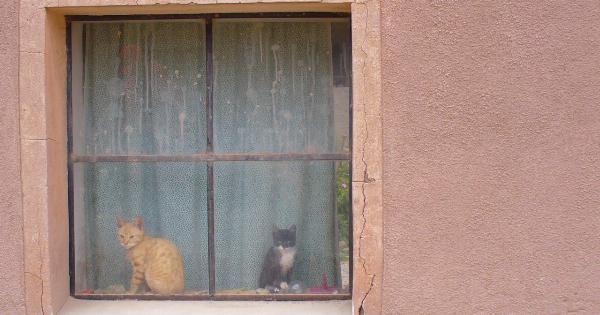Living with lactose intolerance can be tough, especially when it comes to food choices. This condition affects the body’s ability to digest lactose, which is a type of sugar present in milk and milk products.
If you have lactose intolerance, consuming milk-based foods may lead to stomach discomfort, bloating, diarrhea, and other related symptoms. Fortunately, there are many alternative food options available that don’t contain lactose. In this article, we will discuss some of the foods to stay away from if you have lactose intolerance.
Milk and Milk Products
The first foods to avoid if you have lactose intolerance are milk and milk products. This includes whole milk, skim milk, cream, butter, cheese, and ice cream.
Many processed foods, such as baked goods, soups, and sauces, also contain milk and should be avoided. Some people with lactose intolerance may be able to tolerate small portions of certain dairy products such as cheese and yogurt, but it’s important to experiment cautiously to see what you can tolerate.
Certain Vegetables
While generally considered healthy, certain vegetables also contain lactose and should be minimized or avoided if you have lactose intolerance. These vegetables include cabbage, broccoli, asparagus, and Brussels sprouts.
You should also avoid creamed or buttered vegetables, as these contain milk products.
Foods with Hidden Lactose
Many processed foods contain hidden lactose that you might not be aware of.
When reading ingredient labels, check for the words “milk,” “whey,” “cheese,” “butter,” or “cream” as these indicate the presence of lactose. Some packaged foods that commonly contain hidden lactose include bread, cereal, processed meats, and salad dressing.
Beverages
Aside from milk-based drinks, there are several other types of beverages that you should also avoid if you have lactose intolerance. These include malt drinks, hot chocolate, and instant coffee.
Beer and some wine coolers may also contain lactose, so be sure to check the ingredients before consuming.
Nondairy Products with Added Lactose
Many nondairy products such as snacks, protein supplements, and energy bars add lactose to boost their nutritional value. You should check the labels of these products carefully to ensure that they do not contain any lactose.
Additionally, some calcium-fortified juices and soy milk products may contain lactose, so it’s important to choose your options carefully.
Sweets and Desserts
Many sweets and desserts, such as cookies, cakes, and candies, contain lactose. Ice cream, in particular, should be avoided if you have lactose intolerance.
However, there are several alternative options available such as sorbet and frozen fruit bars that are lactose-free.
Nontraditional Dairy Products
Some dairy products that aren’t typically associated with lactose, such as sour cream and whipped cream, can also contain lactose. If you have lactose intolerance, be sure to check the labels of these products carefully before consuming.
Grains
While grains themselves do not contain lactose, many commercially processed grain products such as bread, cereal, and pasta may contain lactose as an additive. Be sure to read the labels of these products carefully before consuming.
Additionally, it’s important to note that some people with lactose intolerance may have trouble digesting high-fiber grains like bran.
Fast Foods
Fast food meals are known for their high-fat content, which can lead to digestive issues for people with lactose intolerance. Some fast food meals may also contain milk products as part of the cooking process.
Be sure to check the ingredients of your fast food meals carefully and opt for lactose-free options whenever possible.
Certain Condiments
Certain condiments, such as cheese spreads, dips, and sauces, contain lactose and should be avoided if you have lactose intolerance. You should also avoid cream-based salad dressings and mayonnaise, as these contain milk products.






























